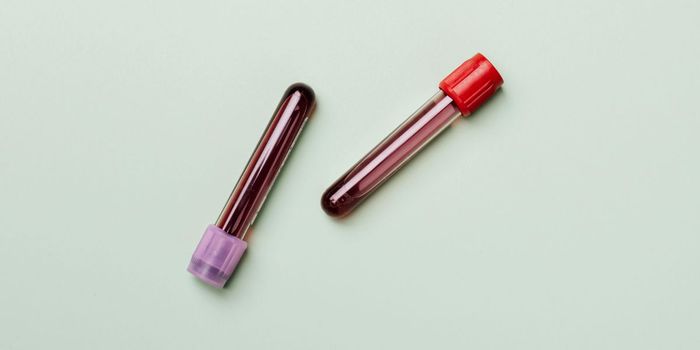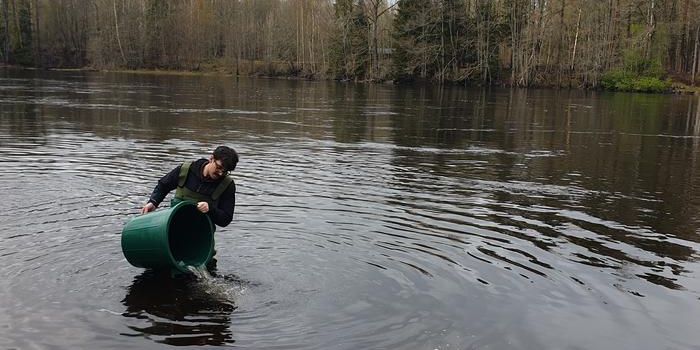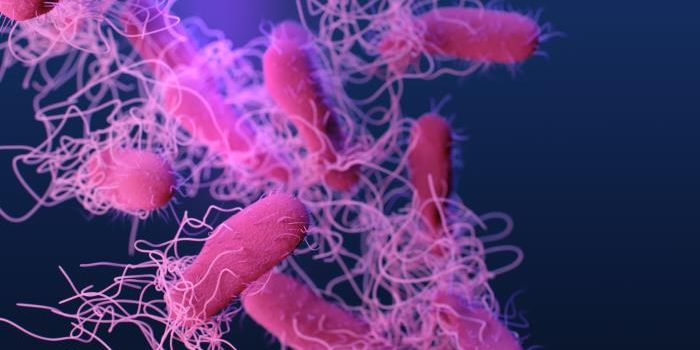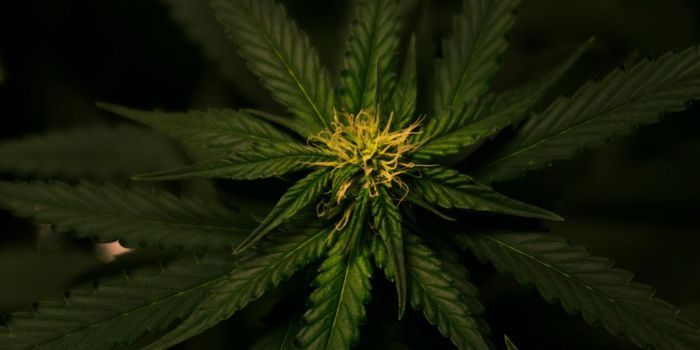Medical Marijuana Allowed in California K-12 Schools
Gavin Newson, the governor of California and the leading 2016 proponent of the recreational pot legalization initiative Proposition 64, signed a bill on Wednesday that will allow parents of students in some California school districts to bring cannabis to their children at K-12 campuses.
The bill states that medical cannabis can be administered to students by parents on campus if approved by their school board. However, the law indicates that cannabis cannot be administered through vaping or smoking form.
Senator Jerry Hill of San Mateo, California, emphasized the importance of the bill in allowing hundreds of students who suffer from illnesses, including epilepsy, to access their prescribed dosages of cannabis oils, pills, and creams. He also explained that for many of these youth, medical marijuana is the only medication that works. This bill will allow them to receive these cannabis products with as little disruption as possible during the school day.
Photo Source: Forbes.com
Parents will be required to obtain a doctor's note to administer to their students on campus.
There is push back as to whether this bill will be beneficial or harmful to school-aged youth, as well as if it's even necessary to allow administration in the school environment. Scott Chipman of American Against Legalizing Marijuana called the bill "an unnecessary stunt." He notes that the FDA has approved a drug for epilepsy that is administered in the morning and evening. He argues that daily dosages can be taken in the hours before and after school.
Most Republican lawmakers expressed concern that the passing of this bill could lead to drug abuse. California Police Chiefs Assn., also opposed the bill, saying that preventing "youth under the age of 21 from accessing all types of cannabis products" is one of their main priorities.
Jackie Goldberg, a Los Angeles Unified School District board member, believes that "it ought to be available as a need if the student's family gets a prescription or a recommendation from a medical doctor for using it." Goldberg also clarifies that the medication allowed by the bill does not include THC; the part of the plant that produces a "high."
The new law will take effect on January 1.









